News
For media inquiries, please contact OUUVzrqvn@hpfs.rqhude.fscu@aidemIHHB
Image
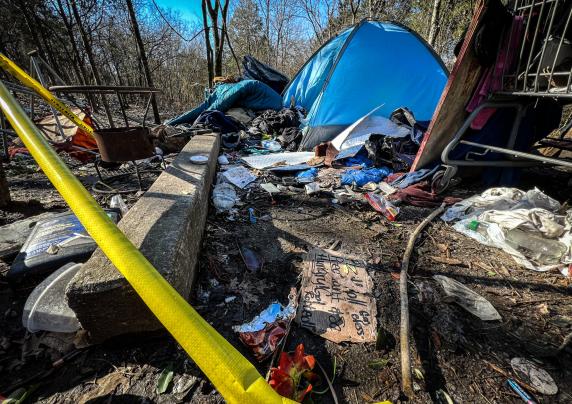
In My Place, Episode 1: Homelessness Facts and Faces
WPLN News •
February 29, 2024
Image
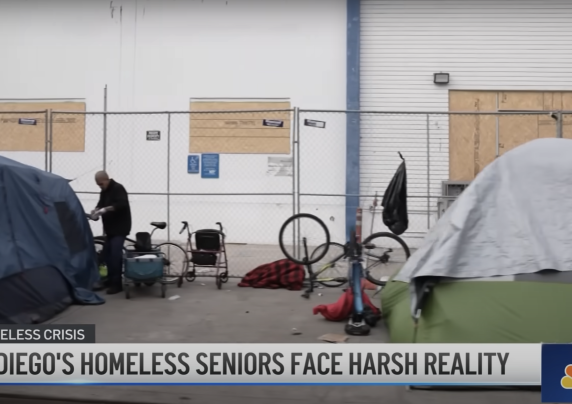
Why Are So Many Seniors in San Diego Aging Without a Home?
NBC 7 San Diego •
February 29, 2024
Image
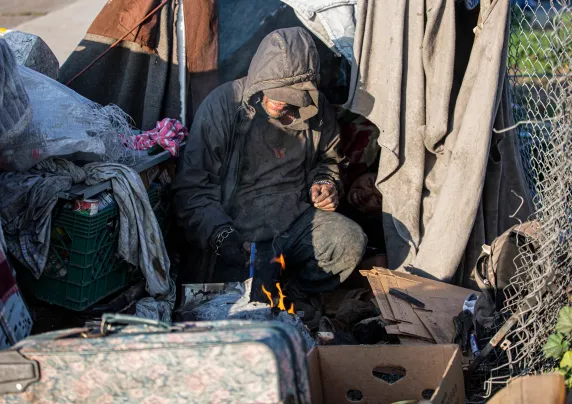
It’s Now Significantly More Deadly to Be Homeless. Why Are So Many People Dying?
CalMatters •
February 29, 2024
Image

Procedural Barriers Complicate Medicaid Enrollment for the Unhoused
Montana Public Radio •
February 28, 2024
Image

Domestic Violence: One Step Away From Homelessness
India Currents •
February 28, 2024
Housing Linked to Lower Cancer Mortality Among U.S. Veterans
Broadcast Retirement Network AM •
February 27, 2024
Image
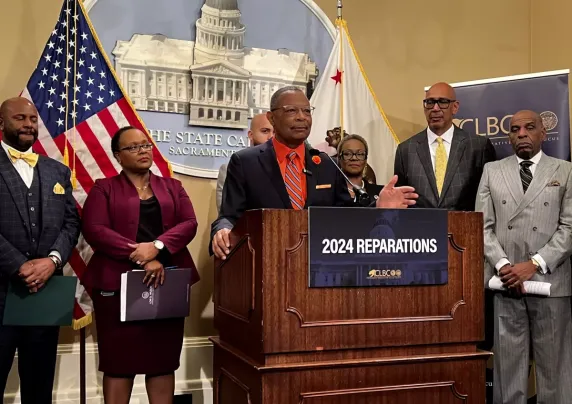
Column: To Solve Homelessness, California Must Support Reparations
Los Angeles Times •
February 25, 2024
Image

UCSF Releases Report on Black Californians’ Experiences of Homelessness
KALW News •
February 21, 2024
Image
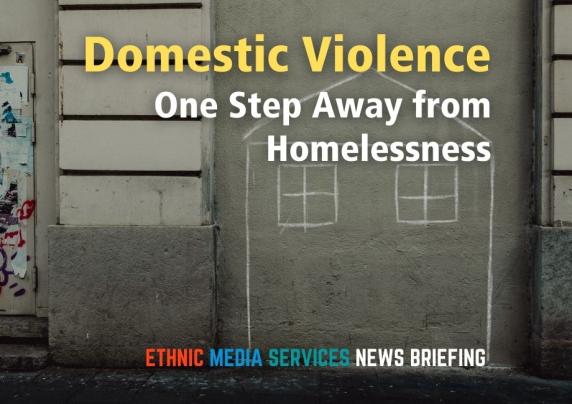
Domestic Violence: One Step Away from Homelessness
Ethnic Media Services •
February 16, 2024
Image
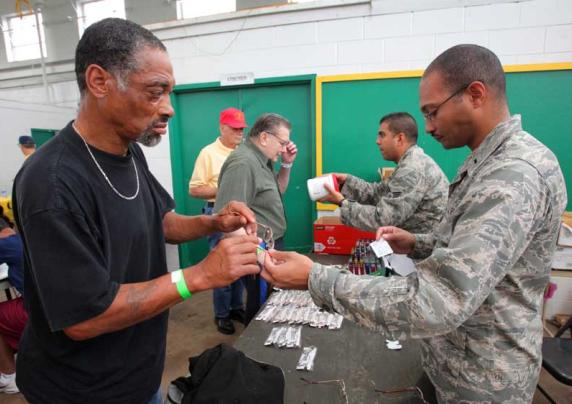
VA’s Work to End Veteran Homelessness Is a Nationwide Model. Can It Translate for Civilians?
The War Horse •
February 8, 2024